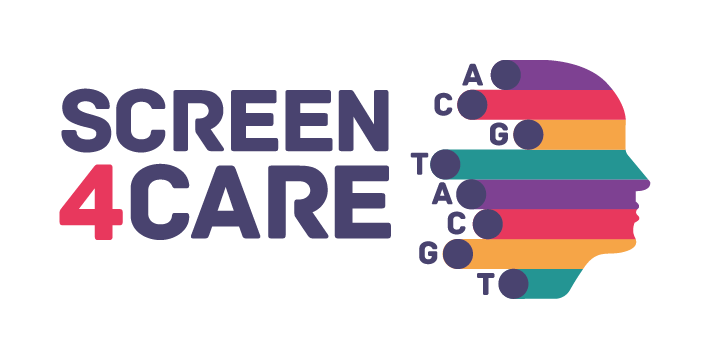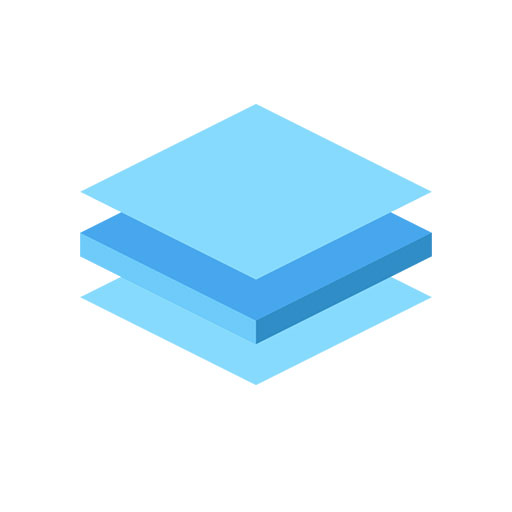SCREEN4CARE

People living with rare diseases often suffer through a ‘diagnostic odyssey’, which involves long and frequent visits to health-care providers, including many rounds of unproductive testing and interventions. This odyssey often provokes anxiety and living without the correct diagnosis brings additional barriers to access social support and leaves families unable to make life decisions based on their condition. Screen4care offers a novel approach based on the following two central pillars: genetic newborn screening and digital technologies. The tools developed by Screen4Care aim to stimulate digital transformation within the healthcare system and improve diagnostics for rare diseases. Screen4Care strives to empower and inform patients and their families, connect the rare disease communities across Europe and involve all stakeholders in the decision-making processes towards an accelerated proper diagnosis.
EURORDIS’ role in the project
As a key partner, EURORDIS is located at the heart of Screen4Care and involved in all areas of focus. It is directing and advising all partners on the priorities, needs and perspectives of people living with rare diseases. In addition, EURORDIS will also ensure the engagement of critical stakeholders through its well-defined activities:
1
EURORDIS chairs the Patient Advisory Board which is comprised of 11 rare disease patient representatives who provide high level advice and strategic recommendations for the project.
2
Patient input will be ensured through several activities including through the definition of actionable diseases for genetic newborn screening with the help of the EURORDIS NBS Working Group and EURORDIS survey programme Rare Barometer.
3
EURORDIS will create and lead a multi-stakeholder Screen4Care Forum on Newborn Screening to consider, discuss and promote the project’s activities in the sphere of newborn screening.
4
EURORDIS provided the mapping of Rare Disease initiatives in Europe, to serve as a basis for exchange and communication with the Rare Disease community of stakeholders.
5
The co-design of the Screen4Care platform and symptom checker will be facilitated through focus groups’ activities with patient representatives from different disease areas and from the EURORDIS Data and Digital Advisory Group (DAG).
6
The participation of EURORDIS will also optimise communication and dissemination activities and maximise involvement of key stakeholders in Screen4Care.

